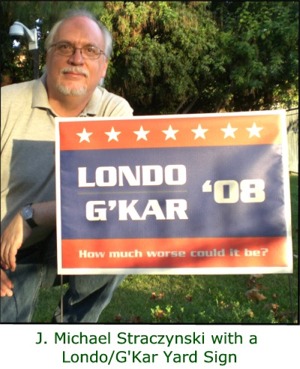A few years back, some sort of registration snafu* left my name off the rolls at my polling place and I had to cast a provisional ballot. I remember being extremely unhappy that night when everyone declared the winner and I knew for a fact that my vote had not been counted. Sure, it would be eventually, but it felt like my vote didn’t matter.
Yesterday, I read that as many as 3 million mail-in and provisional ballots might remain to be counted in California. This morning, that estimate’s been revised to 1.6 million [edit: the official count is coming in at at least 2.3 million; see below]. There are a number of races, including Proposition 11, that are too close to call with that many votes still in play. It’s at least 3 times the current margin of victory for Prop 8 or margin of defeat for Prop 4. If those voters lean heavily one way or the other, it could flip the results once the final score is tallied. (It’s not likely, but it’s certainly possible.)
One thing that hasn’t been clear from the various articles I’ve read is which ballots are left, and when are they counted. Fortunately, the CA Secretary of State has a page that explains exactly that.
- Mail-in ballots that arrive before election day are verified against the voter rolls ahead of time, then counted along with the in-person votes once the polls close.
- Mail-in ballots that arrive on election day, or are dropped off at a polling place, are set aside until the rest are done, and are verified and counted along with provisional ballots.
This is all handled at the county level, which is why the state office doesn’t have solid numbers yet (there’s a PDF report they’ll be updating as data comes in, but all the numbers are still blank [Edit: as of Thursday evening, numbers for about 2/3 of counties are in, and they total about 2.3 million]), and they have 28 days to finish the task. I’m sure that’s a holdover from the days when it would really take that long to count everything. I imagine it won’t take nearly that long to sign off on the results.
So the lesson is this: If you want your vote counted in the first wave of votes that everyone sees, you must either:
- Send in your mail-in ballot early enough that it arrives before election day.
- Vote in person.
*I never did find out what caused it, but my best guess is that after I moved, my registration got lost in the mail and I was left on the rolls at my old precinct.

